I’m always puzzled by the fact that, in discussions about abolishing the monarchy, so many people assume it would be necessary to replace the monarch with some kind of president.
To me, ‘king’ suggests a small god. A slight odour of divinity attaches to the idea of a monarch which is sets it apart from other kinds of leader. Many cultures have made this explicit: Egyptian pharoahs were believed to be reincarnations of the god Horus, Roman emperors were often declared as gods after their death, and the Japanese imperial family are descended from the goddess Amaterasu.
Christianity makes it theologically awkward to claim that the king or queen actually is a god, but much of the symbolism remains. The royal touch is no longer regarded as a cure for the King’s Evil, and you don’t often hear anyone arguing for the Divine Right of Kings, but the monarch is still anointed by the Archbishop of Canterbury during the coronation*. For that matter, the throne, crown, orb and scepter are hardly subtle.
![[Coronation portrait of Elizabeth I]](https://upload.wikimedia.org/wikipedia/commons/thumb/a/af/Elizabeth_I_of_England_-_coronation_portrait.jpg/453px-Elizabeth_I_of_England_-_coronation_portrait.jpg)
The government is known as ‘Her Majesty’s Government’, and the Queen is also Supreme Governor of the Church of England, Head of the Armed Forces and, best of all, Fount of Justice (really, I’m not making this up). So that makes her ultimate source of all power, justice, and temporal and spiritual authority in the country. And of course she’s the Head of State: the very physical embodiment of the United Kingdom. If these are not the characteristics of a god, it’s hard to know what would qualify.
Since, by convention, the Queen does not in fact attempt to govern the church, order the army around or interfere with the decisions of the government or the courts, this is all pretty harmless. What I don’t understand is why anyone feels that, if we got rid of the monarchy, all this symbolism would need to replicated.
For me, that’s what a president to act as Head of State would be: a king substitute. You can see it to some extent in the American convention that while it’s acceptable to criticise the President as an individual, you have to respect the office of President of the United States. Really, what does that even mean? If the presidency is just a (very important) job, what does it mean to ‘respect’ it in some abstract way? Things like the imperial-looking presidential seal which gets plastered all over the place, and the way that ‘President’ is retained as a title for life, suggest that it’s not just a job; that the inauguration is a lot like a coronation.†
People criticising the institution of the monarchy tend to focus on the fact that the monarch is unelected — which is, of course, appallingly undemocratic. But would an elected monarch be any better? Perhaps the problem isn’t that the Queen is unelected, it’s that she’s a queen.
I’m actually not in a hurry to abolish the monarchy, just because of the fuss that would be involved in doing it. In eight years since they got rid of the hereditary peers, Parliament still hasn’t managed to come to an agreement about the composition of the House of Lords. Can you imagine how much discussion it would need for them to decide how to replace the monarch? But if we did decide to ditch the monarchy, I can’t see any need to replace it at all. The Prime Minister can keep running the government, and we can just declare that we don’t have a Head of State. What do we need one for anyway? There’s the occasional state dinner that needs to be hosted, but that hardly requires a monarch; a maitre d’ would be perfectly adequate.
I suppose one worry is that in the absence of a monarch to act as a decoy, there would be some pent-up reservoir of idolatry that would attach itself to the Prime Minister by default and give him ideas above his station. But I’d like to think we could get used to the idea of living as a nation of equals.
*Bonus fact: this, too, represents a kind of divine descent. The Archbishop’s authority descends from the first Archbishop of Canterbury, St. Augustine, who was granted it by the Pope, whose authority ‘descends’ from St Peter and so from Christ. It’s not quite like being a direct descendent of a sun-goddess, but I think the parallel is interesting.
† Just as a comparison, it would be really weird to talk about respecting the office of Prime Minister in the same way. And far from having an inauguration ceremony, the new Prime Minister just moves into 10 Downing street the day after the election. I’m not claiming any kind of British superiority here, btw: we’ve still got a Queen.
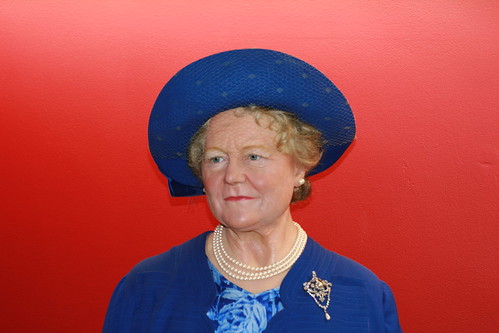
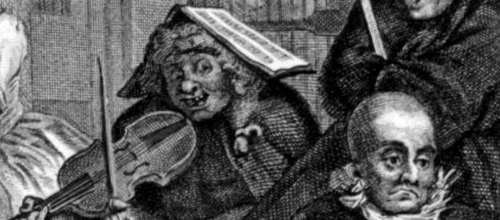

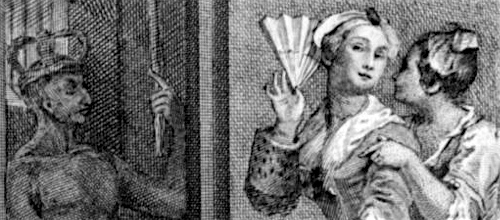

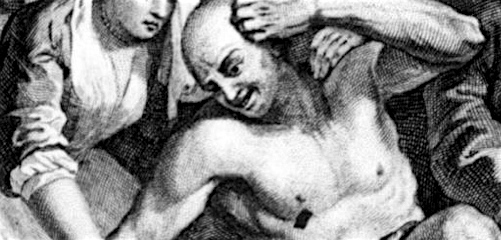
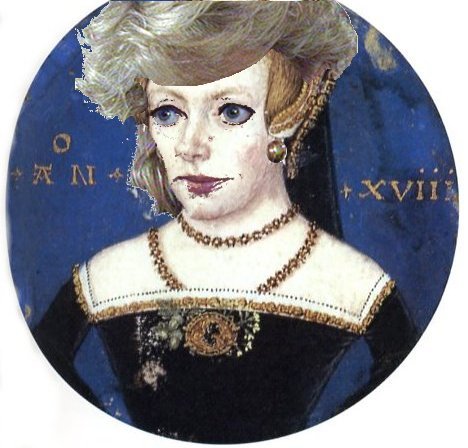

![[Coronation portrait of Elizabeth I]](https://upload.wikimedia.org/wikipedia/commons/thumb/a/af/Elizabeth_I_of_England_-_coronation_portrait.jpg/453px-Elizabeth_I_of_England_-_coronation_portrait.jpg)